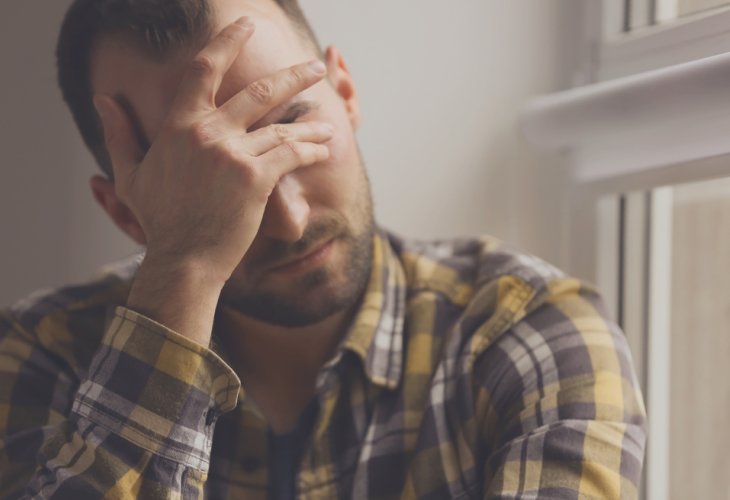Depression and Anxiety
How to Overcome Mild Depression Naturally and Regain Emotional Balance
Practical Tips for Lifting Your Mood Without Medication- From Social Support to Healthy Habits and When to Seek Professional Help
 (Photo: shutterstock)
(Photo: shutterstock)The phrase “I’m depressed” has become very common. Many of us tend to overuse the term, to the extent that someone simply having a rough day may use it impulsively.
It's important to understand that not every bad mood or moment of sadness is depression. Depression is a medical condition with various levels of severity. In general, it’s defined as a persistent sense of sadness, despair, or hopelessness that lasts over a significant period of time. Depression can range from mild to severe clinical depression, and treatment depends on the specific level a person is experiencing.
In clinical or severe cases, treatment typically involves antidepressant medications, prescribed and tailored by a psychiatrist. However, many people experience mild depression or persistent low moods- which we often call “depression” in everyday language- that don’t require medication. These kinds of moods can sometimes be managed independently.
How to Pull Yourself Out of Depression – The Healthy Way
1. Don’t isolate yourself.
When feeling depressed, the natural instinct is often to withdraw and “hide from the world". However, if you're feeling down or emotionally low, try doing the opposite. Don’t cut yourself off from friends or family- make an effort to connect and see people as often as possible. You might be surprised to find how much more people understand and care than you thought, and how much support and encouragement they can offer.
2. Get outside.
Part of the isolation linked with depression is physical as well such as staying indoors, in bed, or shut away. Try to make a point of stepping outside at least once a day to breathe fresh air and soak up some sunlight. Even on very cold or hot days, just a few minutes outdoors can activate your body, boost circulation, and improve your mood thanks to natural light and air.
3. Eat well.
There’s a strong connection between nutrition and depression, and it goes both ways. Poor eating habits can make you more prone to depression, and depression can lower your appetite. Even if you don’t feel like eating, make an effort to have full, balanced, and nutritious meals. You might be surprised how much healthy food can elevate your mood.
4. Seek therapy or counseling.
Many people are hesitant to seek help for various reasons- some feel ashamed, others find it hard to open up, and some don’t believe therapy will help. In reality, professional counseling can be extremely effective in overcoming depression. In mild cases, even one or two sessions might be enough to set you on the right path toward healing. If you've been struggling with low moods for several weeks and haven’t been able to shift them on your own, don’t hesitate. Set aside the shame, and reach out for help.

